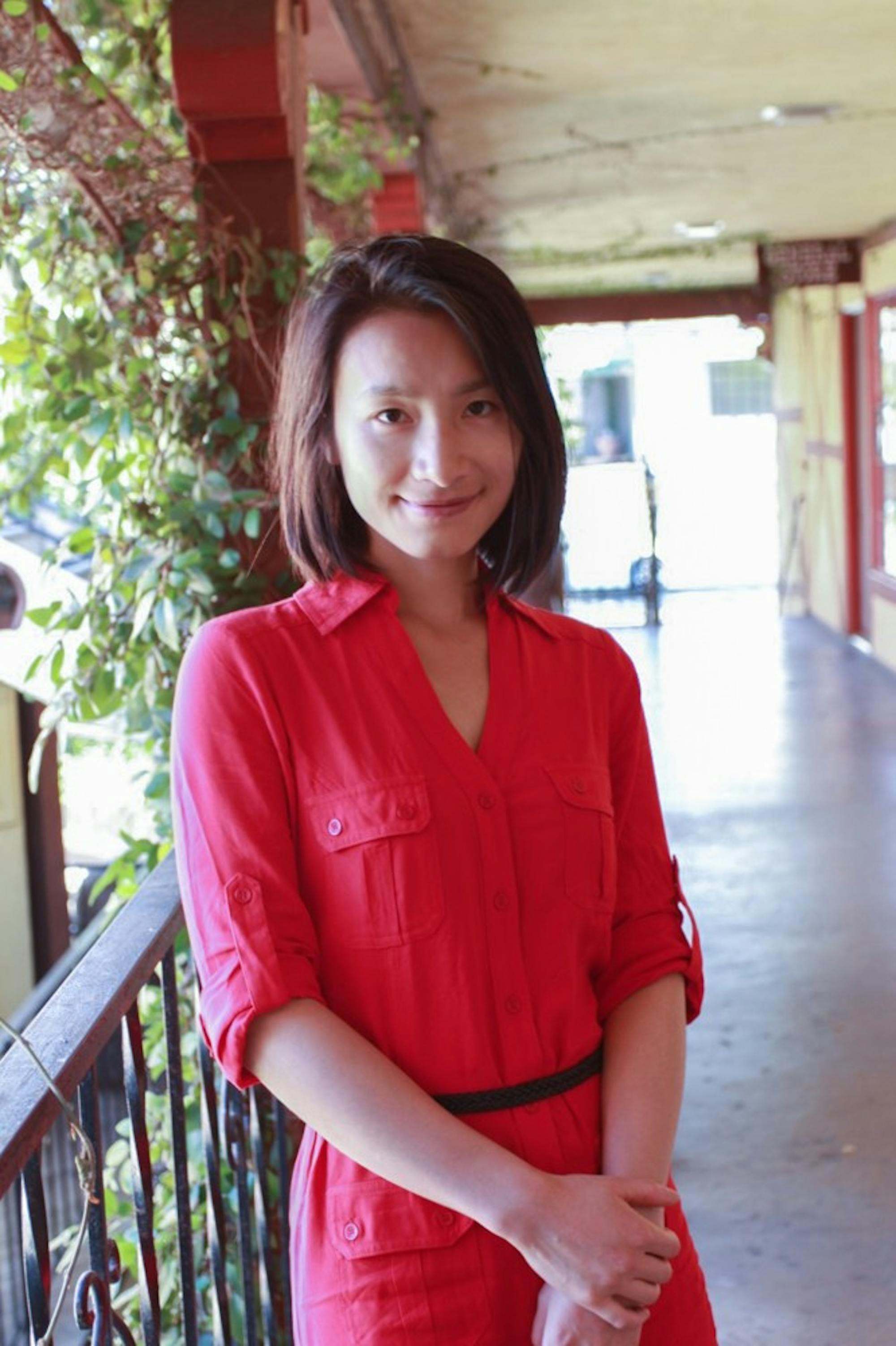Computer science professor Xia Zhou was awarded the 2017 Sloan Research Fellowship on Feb. 21, a professional distinction given to early-career scientific researchers that, this year, came with a two-year, $60,000 fellowship to support their research.
Zhou became the 21st Dartmouth faculty member and the eighth computer science professor to be named a Sloan Research Fellow while associated with the College. The computer science department has produced more Sloan Research Fellows than any other department at Dartmouth.
The Sloan Research Fellowship was established in 1955 by the Alfred P. Sloan Foundation, a philanthropic organization. It is awarded every year to early-career researchers in eight scientific and technical fields who hold a tenure track position at U.S. or Canadian higher-education institutions. With the addition of 126 fellows in the 2017 class, there are now more than 5,000 fellows in total. Among all fellows there are 43 Nobel Prize recipients, 69 National Medal of Science recipients and 16 winners of the Fields Medal in mathematics.
Zhou received the fellowship for her work on visible light communication and sensing. Zhou’s co-authored papers on visible light communication, a process that uses a light signal to send data, received the best video award at MobiCom, an annual international conference on mobile computing and wireless networks, in 2015 and 2016. She was also awarded the honorable mention award at Ubicomp, a computing conference, for co-authoring a paper about how smartphones can assess behavioral trends and academic performance of college students.
At Dartmouth, Zhou has conducted research with members of DartNets Lab, which she co-directs with computer science professor Andrew Campbell. DartNets Lab is a research team comprising primarily of Dartmouth undergraduate and graduate students that explores smartphone sensing, visible light communication systems and mobile energy efficiency. According to Zhou, DartNets Lab is currently working on a project that uses 3D printing to redirect the propagation of a signal so as to customize its distribution in a particular space. Zhou said that this system is useful if someone wants a stronger signal in one space and a weaker signal in another.
Former member of DartNets Lab Annie Ke ’19 added that she was very pleased to hear about Zhou’s win, as she enjoyed working with Zhou last winter and spring on visible light sensing projects.
Computer science professor Gevorg Grigoryan, who received the Fellowship for his research on protein design in 2013, said that the prestige and the competitive nature of the Fellowship helps winners receive research funding more easily in the future.
“In terms of funds, it’s relatively a small amount,” Grigoryan said. “But somehow over the years it has become a very prestigious thing ... and it’s sort of something that puts you on the map as a young investigator to say that you got a Sloan Fellowship, so it makes other things easier to get.”
Computer science professor Hany Farid, who received the Fellowship in 2002 for his work with photo forensics, wrote in an email that Dartmouth computer science professors’ ability to win awards like the Sloan Research Fellowship indicates the department’s success in recruiting some of the best faculty in the world.
In addition to her research, Zhou said that her ultimate goal is to produce good students and help them succeed.
“I’m trying to maximize the potential of my Ph.D. students, and I’m really a guidance for them,” Zhou said, “It’s not just about how many papers we produce in the end, but more about producing well-rounded researchers and maybe future faculty.”
Correction appended (Mar. 2, 2017):
A previous version of the March 2 article had Zhou quoted as saying "It's not just about how many people we produce ..." That quote has been changed to "It's not just about how many papers we produce ..." to accurately reflect the quote.




